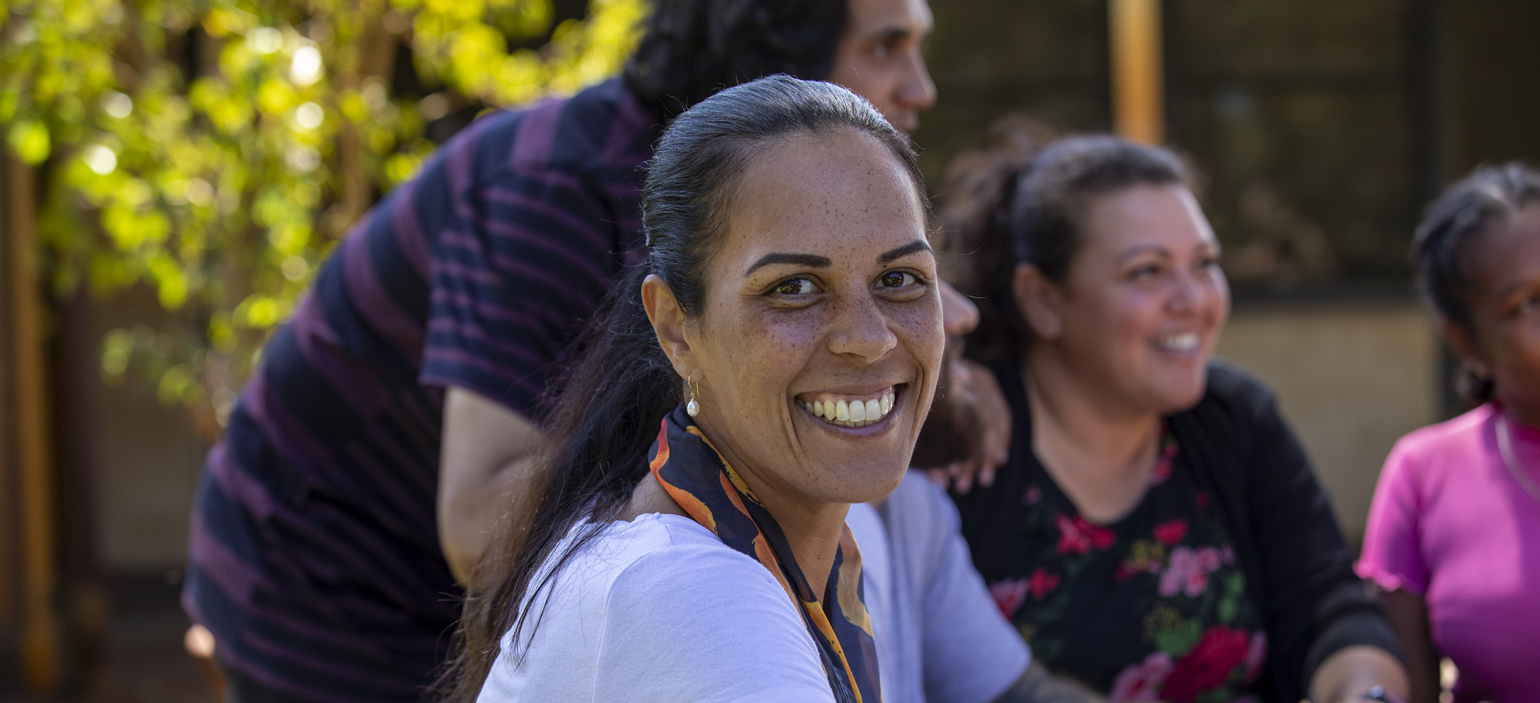Governance
Mandela Station is revitalizing the economic and environmental impact of housing and transportation as we know it. Together, with our partners, we are designing and developing a live and work solution which is more sustainable, inclusive and socially responsible. Shared by our investors, entrepreneurs, business leaders and our community, Mandela Station is committed to reorienting the current landscape toward the greater good.
Equitable Community Building
Mandela Station is a bottoms-up community-building approach that deliberately champions ownership and wealth creation opportunities for local community members/institutions, small and local businesses. Creating lasting affordability in housing and worker ownership to build wealth and create quality jobs, Mandela Station is providing utilization and formation, employment/workforce development opportunities for underutilized and talented workers as well as promotion of community health and wellness and environmental sustainability through innovative building components and design/construction methods.
At Mandela Station, gender diversity and equity are at our core as we are requiring representation of women in stakeholder organizations, as well as equal compensation and mobility for women and people of color. With stakeholders including MacFarlane Partners, China Harbor Engineering Company, SUDA LLC, Hensel Phelps Construction, and Hensel Phelps Development, we are championing a steadfast commitment to social justice, racial equity and diversity and inclusivity, including membership to the Vatican’s Justice and Peace Foundation of the Dicastery for Promoting Integral Human Development.
“A true community effort in building a village,” Mandela Station is a community asset conceived with the active participation and input from the community-at-large. Over one hundred community interest groups have rallied in support of the development project with no community opposition in Planning Commission meetings.

"The West Oakland neighborhood’s decades-long struggle with industrialization, pollution, and racially-motivated public policy drives our belief that community residents must be active partners in envisioning, developing, and implementing any actions taken to improve our community, "
Margaret Gordon
The L.E.E.P. Initiative
The Leadership in Engineering Equitable Participation (LEEP) Initiative seeks to address multiple aspects of sustainable real estate development, including economic and community development, in ways that are socially responsible and responsive to local needs.
The goal of LEEP is to help foster a more equitable and socially responsible real estate development landscape, one where local communities can benefit from and shape how their regions feel. Creating a trusted standard of practice and certification platform will allow us all to do good while doing well.
The Mandela Station Project, which is a West Oakland BART Transit Oriented Development, will encompass over 3 million square feet of upcoming Oakland and will serve as a National Model of Socially Responsible Development. There are 240 affordable housing units, and it is 7 minutes from San Francisco’s financial district.


